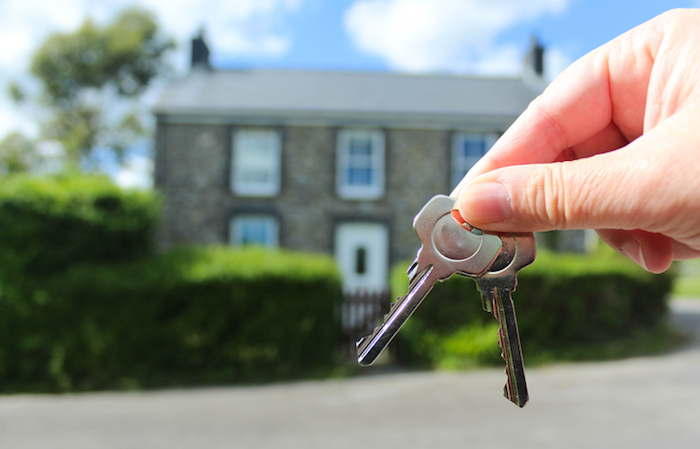I took out a personal loan of $4,100 back in 2014. Since the loan was opened, the creditor was bought out by another company, and my account was transferred to the new creditor. My wife and I fell on some hard times where we were unable to make full payments. We attempted to make partial payments but the creditor would not accept them, but instead charged-off the account.
When I contacted the creditor about attempting to satisfy the loan in some way, I was told that it had been given to a collection agency. However, the creditor is still reporting as charged-off with a balance of $4,522 still owed. It is hindering us from getting a home loan. What would you suggest?
Creditors can continue to report a charge-off balance unless it is sold to a collection agency. If the debt has been sold, then the creditor is required to update the debt balance to $0.
If the debt has been assigned to a collection agency, both the creditor and the collection agency can show the balance.
There are several facts to consider in tackling this charge-off:
- Damage has already been done to your credit scores with a charge-off on your records.
- Paid vs. Unpaid Charge-offs are both negative. But when applying for a mortgage loan, most lenders will want to see a charge-off paid in full.
- When applying for a mortgage loan the best action you can take towards a charge-off is to have it report as $0.
- A charge-off showing a balance is factored into your overall credit utilization. Paying a charge-off may result in a boost in credit scores once it reports a zero balance.
- Paying a charge-off means the creditor must officially close the account thereby preventing continuous updates to the credit bureaus. The charge-off will have less impact on your credit scores going forward until it is due to permanently be removed from your credit files.
There’s a primary reason a lender needs a charge-off to report a zero balance. Once you are approved for a mortgage loan, you will have property. That property can be used in a court action. The mortgage lender wants to remove the possibility of the creditor obtaining a judgment for the unpaid debt. A judgment creditor can go for your assets (property) or place a judgment lien on your property.
What I suggest? My best advice would be to pay the charge-off with the original creditor prior to applying for a mortgage loan. If you can get the creditor to delete the charge-off in exchange for payment that would be ideal. However, that’s a big IF.
Some have been successful in requesting a goodwill deletion once a charge-off has been paid. But a goodwill deletion is solely in the discretion of the creditor. In cases like this it’s best to have a solid payment history on your other credit obligations in order to show that you have “learned a lesson, started anew and now have a good payment record on all your obligations.
Creditors may actually look at your current payment history in making a decision to grant a goodwill deletion. Your request is much more authentic when you have a current good payment history rather than the person who has recent late payments on other credit obligations.
Also, make sure you prepare your credit files for a mortgage loan. Having current credit accounts, in good standing, will help but also having low utilization on credit card accounts can help your credit scores.
You can get approved for a mortgage loan with unpaid charge-offs. Charge-offs don’t affect your ability to qualify for an FHA loan, only traditional mortgages. But even though FHA allows charge-offs some lenders may have stricter requirements.
















